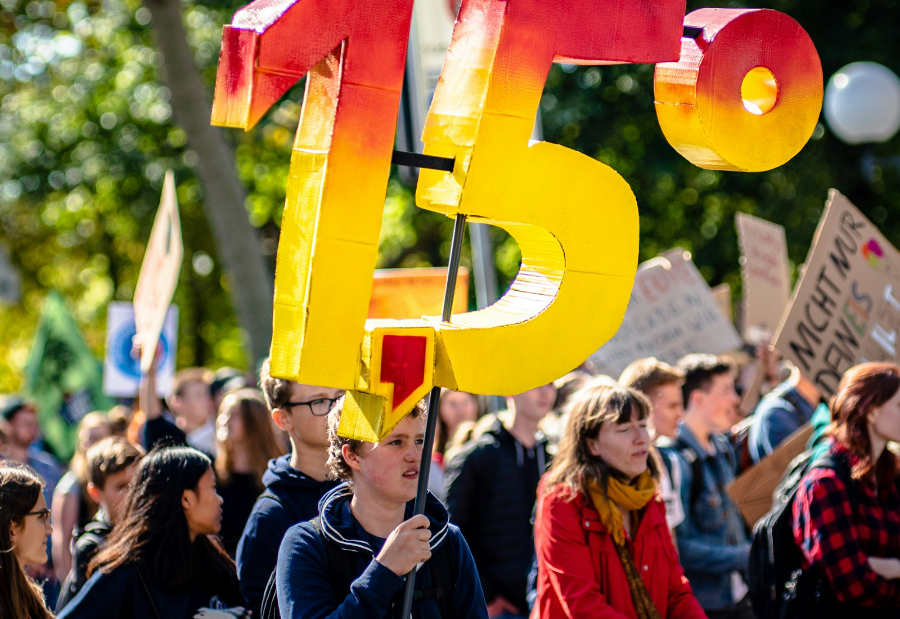Opinions loom large in the contemporary world. They inform people’s behaviour. They lead to actions which seriously affect both individuals in particular and society in general.
In the civic sphere, the weight of public opinion can be decisive. Some even talk of a metaphorical “court of public opinion” and its rulings which can elevate or destroy the standing or reputation of individuals and groups.
Everybody has opinions. Many people claim that they have a right to their opinions – that they are somehow entitled to them.
It is incumbent upon us to understand what an opinion is and to form an opinion about the concept’s merits and limitations. So let’s tease out the meaning, or meanings, of the word ‘opinion’, and explore the ways different shades of meaning can impact how the word can be properly used in human discourse.
By and large we conduct our lives and affairs according to known facts. A fact is by definition true, and truth is a collective notion. To quote my old philosophy professor, it results from “the non-collusive agreement of independent observers”. You can’t have something that is just true for one person. If something is true, then it is true for everyone. As Jane Austen points out in the opening sentence of Pride and Prejudice, truth is something that is “universally acknowledged”.
Moreover, if we assert something as true, we are not just saying it is something we believe is the case; we are claiming to have a warrant for it being true, for it being a fact. We are saying we have valid and sufficient reason to assert that it is true, and it is not merely a flight of our imagination or wishful thinking.
At the other end of the spectrum from facts are judgements that are purely a matter of taste, such as what food you like or what music you prefer. As the Romans said: “de gustibus non est disputandum” (“about taste there is no disputing”). You can’t legitimately argue someone out of putting tomato sauce on their potato chips, no matter how repugnant the habit might seem to you. Such matters of taste are purely individual matters. No-one can meaningfully say to you, “You’re mistaken. You don’t really prefer Mozart to Mick Jagger.”
In between matters of fact and matters of taste are matters of opinion. An opinion, according to the Macquarie Dictionary, is a “judgement or belief resting on grounds insufficient to produce certainty”.
It is important to note that while an opinion may not be as absolute as a fact, in asserting an opinion you are claiming you have some grounds for asserting it, even though they may not be conclusive. A frivolous statement unsupported by any reasoning or evidence does not count as an opinion.
In other words, we don’t just ‘have’ an opinion. Instead, we ‘reach’ an opinion, and we do so by a process of considering and weighing up the evidence. It may not be sufficient to justify a truth claim, but is considered, on balance, to justify our opinion. The recent Bruce Lehrmann law case highlighted the contrast between reaching a conclusion “on the balance of probabilities” versus being convinced “beyond reasonable doubt”.
So opinions are beliefs or conclusions that are more than just a matter of taste or personal preference, but not definitively determined enough to be true facts. For something to be an ‘opinion’, some degree of thought must have gone into it. An opinion is not just a feeling you have, but the outcome of a thought process. If you have an opinion, you are in part asserting that you have done some thinking or investigating, from which your opinion has arisen.
At the taste end of the opinion spectrum, there are judgements that are partly a matter of personal preference, but also allow some room for discussion. For example, in the world of literature and the arts, your opinion about which of two paintings is superior may be largely a matter of personal choice. But if someone points out salient features of the inferior one – such as its masterly use of contrast or symmetry, or its evocative symbolism – you may see it in a new light, and you may change your mind.
We actually employ people called ‘critics’ to analyse and assess such things as novels, films, and works of art to help us make our judgement of them. But, ultimately, we can still decide that we don’t like Picasso, no matter how much Patrick McCaughey might praise him.
For something to be an ‘opinion’, some degree of thought must have gone into it. An opinion is not just a feeling you have, but the outcome of a thought process.
At the fact end of the opinion spectrum are opinions that carry a certain degree of weight and authority – ‘expert opinion’. The two most common types are medical opinion and legal opinion. We pay a lot of money to get a good one, and they carry a lot of weight. However, neither is totally sacrosanct. If you have reservations about what the medical specialist has told you, you can always ask for a ‘second opinion’. And legal opinions, even those of Supreme Court judges, can be reversed, as the revocation of Roe v Wade in the US demonstrated.
Most opinions fall between these two extremes. Our lives are full of situations in which we have to make a decision or form a view about something to take action in the world, and get on with our lives. We consider the facts at our disposal, which may be inconclusive or even contradictory, and we make the best judgement in the circumstances. In other words, we form an opinion.
Two things seem to follow from this analysis. First, to the extent that an opinion is not just a matter of personal taste but an objective claim about the way the world is, all opinions are open to challenge. All opinions are susceptible to revision in the face of previously unknown or unacknowledged – or, in some extreme cases, deliberately ignored – factual evidence.
Refusal to acknowledge the vulnerability of opinions to contradictory facts and reasoning is tantamount to refusing to engage in civil discourse – the communal knowledge formation process. It amounts to adopting an egocentric attitude to truth. It is a denial of truth-finding as a normal human communal activity and the espousal of an extreme form of relativism which claims truth is a purely personal matter.
Second, it makes no sense to claim one has a right to one’s opinion or, indeed, that everyone is entitled to his or her opinion. To the extent that an opinion is a judgement about the way the world is, it is like claiming one has a right to one’s own facts. This way lies madness.
From a psychological point of view, it looks like some kind of dissociative psychopathology, a form of schizophrenia perhaps, a failure to come to terms with reality.
From a logical point of view, the claim that you are “entitled to your opinion” is an instance of an informal fallacy. In logic, a formal fallacy is one in which the form of the argument is fallacious. For example: “All dogs have tails. This pig has a tail. Therefore this pig is a dog.” This is an example of a formal logical fallacy called the ‘undistributed middle’.
An informal fallacy is where the actual content of the alleged argument leads to its fallaciousness. For example: “God wrote the Holy Bible. Therefore, God must exist.” This is an example of the informal fallacy “begging the question”, where the premise of the argument assumes what the argument is trying to prove – in this case, the existence of God.
“I’m entitled to my opinion” is an informal fallacy because it amounts to a claim that, just because an opinion is held by someone, it doesn’t need to be submitted to scrutiny or be subject to fact-checking.
On the contrary, any opinion that makes a claim about the world is subject to the same necessity for evidence and argument as any other factual claim. The fact that someone believes a statement to be true does not exempt it from analysis and checks on its veracity.
Thus, nobody is entitled to the opinion that vaccination causes autism or that climate change is a conspiracy. Both views have been thoroughly disproven by the established facts and, in the latter case, by our own lived experience, as the residents of northeastern New South Wales can testify.
The only thing that entitles us to an opinion is not that we hold it but that we have based our opinion on a scrupulous attention to all the relevant facts and been self-aware enough to guard against the various forms of personal bias, such as confirmation bias.
Furthermore, to the extent that opinions are beliefs about the world, some would even argue we have an ethical duty to ensure that our opinions are true. In 1877, the British mathematician and philosopher W. K. Clifford published a famous article, ‘The Ethics of Belief’, in which he argued that people who base their beliefs on wishful thinking, self-interest, blind faith, or other such unreliable grounds are not merely intellectually slovenly but are, in fact, immoral.
According to Clifford, we sin grievously against our moral and intellectual duty when we form beliefs on insufficient evidence, or ignore or dismiss evidence that is relevant to our beliefs. He summed up his view in a famous dictum:
It is wrong always, everywhere, and for anyone to believe anything on insufficient evidence.
Published 29 May 2025.
If you wish to republish this original article, please attribute to Rationale. Click here to find out more about republishing under Creative Commons.
Photo by Marek Studzinski on Unsplash.














